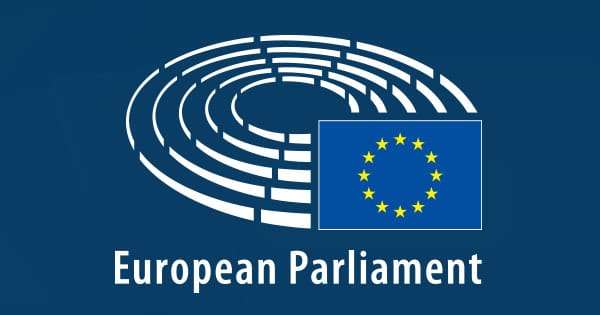Transfers of crypto-assets will now be subjected to stringent tracing and identification measures to prevent money laundering, terrorist financing, and other criminal activities, according to new legislation passed on Wednesday. This groundbreaking law, agreed upon by the Committee on Economic and Monetary Affairs along with the Committee on Civil Liberties, Justice and Home Affairs, aims to close the anonymity loopholes in digital financial transactions.
The legislation mandates that all crypto-asset transfers must be fully traceable, thereby making it easier to monitor suspicious activities and reduce the risks associated with illicit financial flows. The decision marks a significant step by European authorities to bring the oversight of cryptocurrencies in line with traditional financial systems.
Under the new rules, all crypto-asset service providers will be obliged to collect and verify the identities of their customers, including both the originators and beneficiaries of crypto transactions. This procedure ensures that only verified users can participate in the exchange of digital assets, thereby reducing the potential use of cryptocurrencies for illegal purposes.
«The introduction of traceability measures signifies a strong commitment by the EU to combat the misuse of crypto-assets in financial crimes,» said a spokesperson for the Committee on Economic and Monetary Affairs. «By aligning our standards with those of conventional banks, we are not only fostering transparency but also reinforcing trust in the nascent crypto markets.»
The legislation also outlines enhanced measures for the screening of transactions, obligating service providers to report any suspicious activity to relevant authorities promptly. This coordinated approach aims to bolster the integrity of the market and protect legitimate users from the risks posed by criminal elements.
Stakeholders within the crypto industry have expressed a mix of reactions to the new regulations. On one hand, proponents argue that the move will offer much-needed clarity and stability, encouraging greater investment and adoption of cryptocurrencies. On the other hand, critics warn that stringent regulations might stifle innovation and drive crypto activities underground, away from the scrutiny of regulators.
Despite these concerns, the committees affirm that the measures are essential for mitigating risk and ensuring a safer financial environment. «Our goal is to strike a delicate balance between fostering innovation and upholding our commitment to security and public safety,» emphasized a representative from the Committee on Civil Liberties, Justice and Home Affairs.
As the EU moves to implement these measures, all eyes are on the potential implications for the global crypto market. This landmark decision signals the bloc’s determination to take a proactive stance in regulating one of the most dynamic and challenging sectors of modern finance.
The EU’s approach may well serve as a framework for other regions grappling with the complexities of digital assets regulation. As the world continues to witness an unprecedented rise in the use of cryptocurrencies, the need for such regulatory measures becomes increasingly evident.
Nota de prensa UE

















